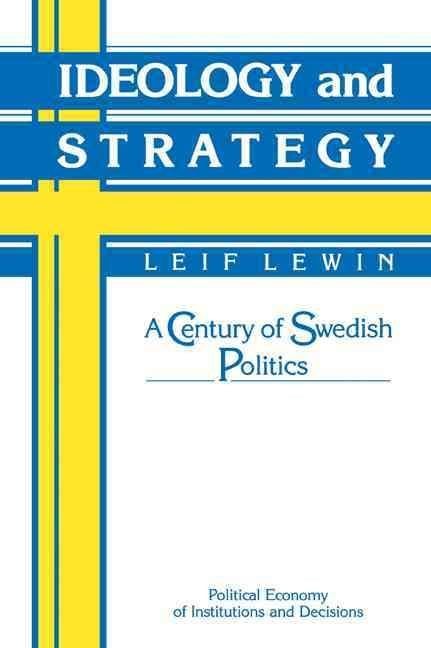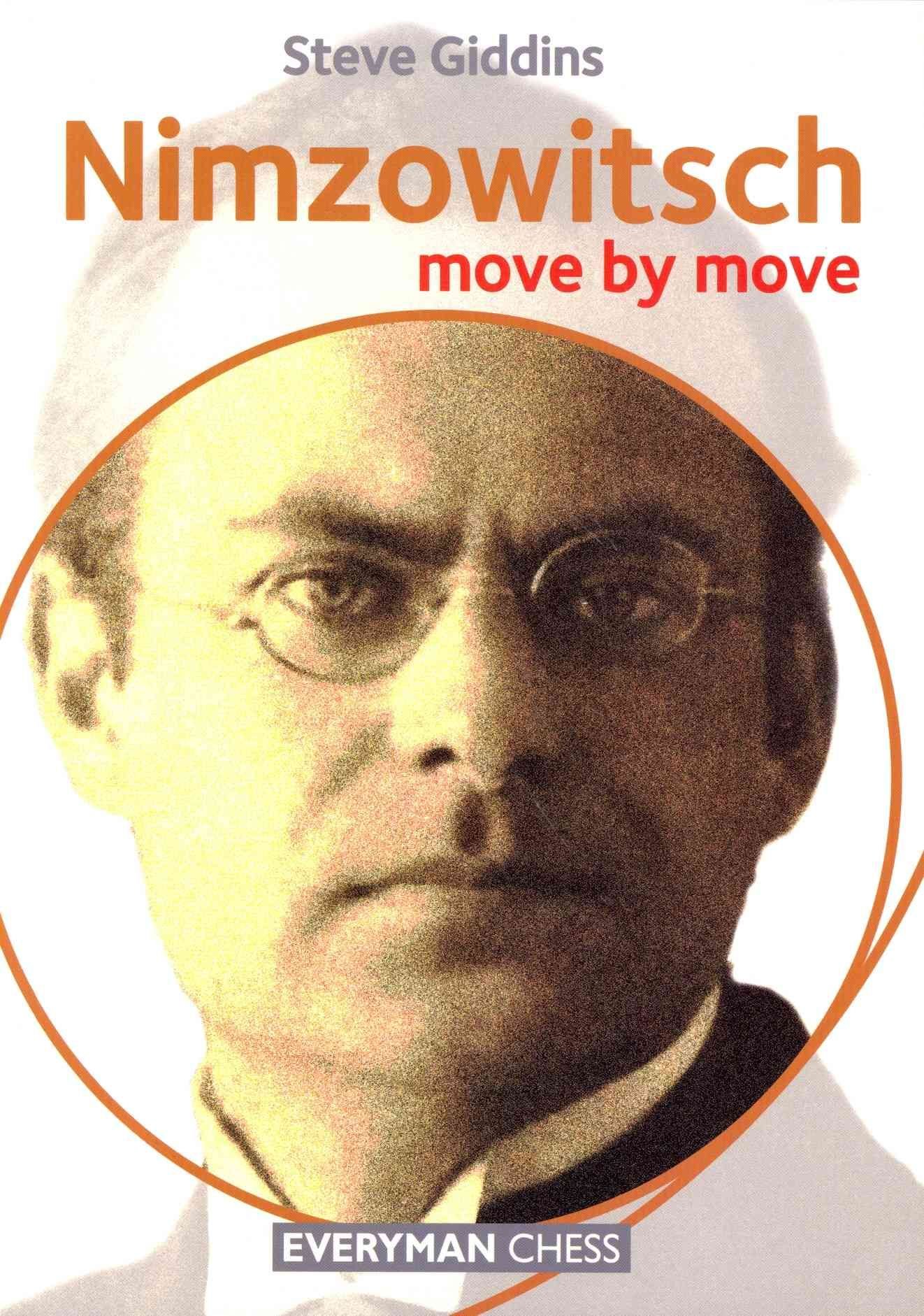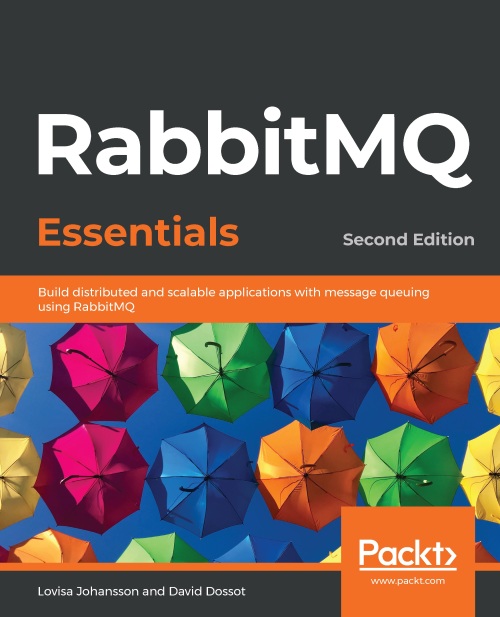This book empirically analyzes how a minority can succeed in having its way in a modern democracy. The author applies modern rational choice theory to examine such paradoxical triumphs in Swedish domestic politics over the past 100 years. Identifying Arrow’s paradox, Prisoner’s Dilemma, and other famous game-theoretic matrices, eight important issues in Swedish parliamentary history are explained: the tariff issue in the 1880s, the introduction of universal suffrage, the introduction of parliamentary government, the new economic politics during the 1930s, the debate on planned economies, the supplementary pensions issue, the nuclear power issue, and the wage earners’ fund issue. For each, the author presents the outcome and its history, and the strategic behavior of the actors.












